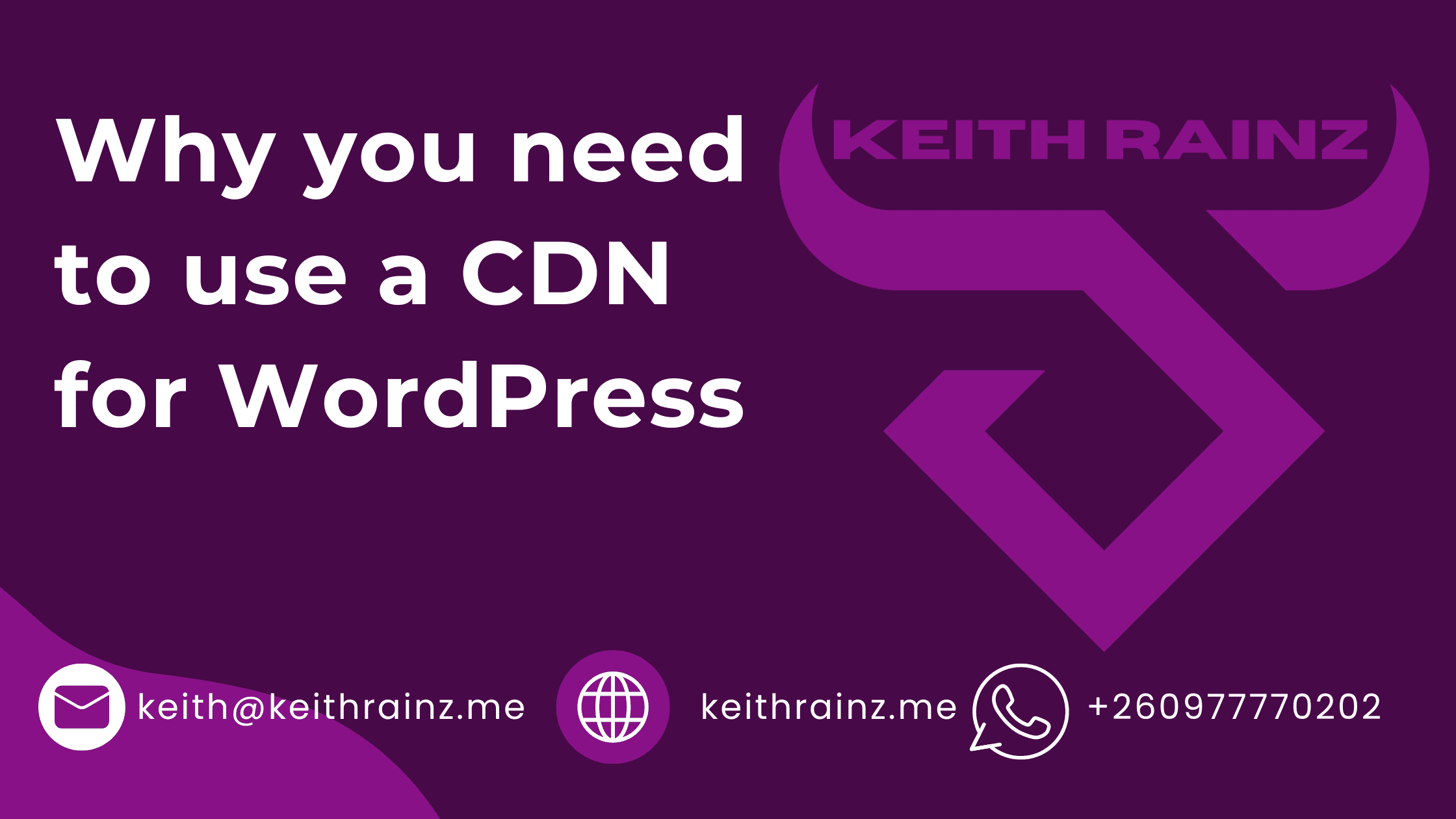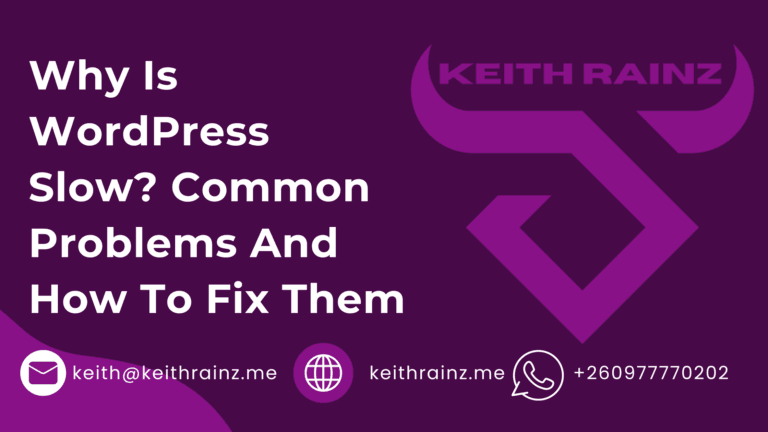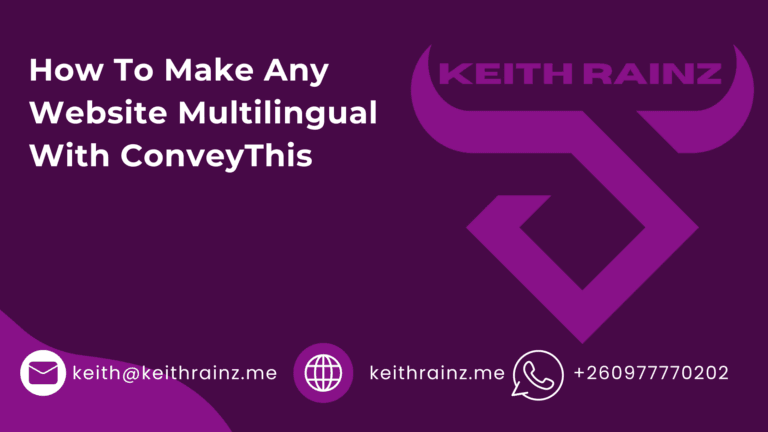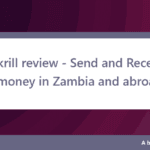A Content Delivery Network for WordPress, or CDN for short, may improve and optimize the performance of your site. It can help you conserve server resources and manage more traffic with ease. When, on the other hand, do you actually need a CDN for your website? Also, while choosing a Content Delivery Network for WordPress, which choice should you choose?
All of the aforementioned questions will be answered in this article.
First and foremost, let us attempt to comprehend what a CDN can perform for us.
Benefits of Using a Content Delivery Network for WordPress A content delivery network (CDN) is a collection of globally dispersed computers. Because we’re talking about a cluster of computers rather than a single server, a strong CDN will be able to manage high levels of traffic efficiently and effectively.
On their own servers, CDNs store static copies of your website’s data. As a result, any changes you make to your site are mirrored in the CDN’s server copy as well.
Because Content Delivery Networks are geographically spread, people from all around the world may access your website more quickly. Instead of your main server, which you pay for at your host, visitors are sent material via CDN servers.
As a result, the most significant benefit of using a Content Delivery Network for WordPress is that it can improve your website’s performance (read: it becomes faster). Because the geographical distance between you and your site has been minimized, it will load quicker. In addition, the burden on your hosting server is reduced.
Security measures such as a firewall and bot screening are available from some CDN providers. This will help to keep your website safe from unscrupulous hackers.
As you can see, CDNs are quite useful and important. Is this, however, a strong indication that you should buy one for your WordPress site right away?
There are several situations where a CDN isn’t required.
A Content Delivery Network is not necessarily required for a website. You might be able to get by without a CDN at times. As a result, you should take your time and concentrate on your requirements first.
If you only want visitors from a certain area or nation, for example, you should host your site on a server that is as near to that place as feasible. Having a geolocated web server is preferable than having a geolocated CDN in this situation.
Similarly, if you only require a CDN to separate bad from good traffic, a specialist security solution like Sucuri would be a better option. Of course, content delivery networks like CloudFlare prioritize security, but purchasing a CDN just for security reasons is not a viable solution.
Finally, keep in mind that if you use a reputable WordPress hosting service, there’s a good possibility your host has an in-house CDN solution as well as server-side content caching. This will enough for the majority of blogging users. If you want to learn more about your web host’s remedies for this, contact them.
To summarize, we may say that a CDN may not be required for your website if:
Your website isn’t expanding at a rapid rate (and you do not expect it to grow exponentially either).
Instead of targeting global consumers, you’re focusing on localized visitors from a certain location.
You’re not serving a lot of media files, photos, CSS, and other things. If you still want to avoid using a CDN, be sure you invest in a solid WordPress caching plugin.
Your budget does not allow you to use a WordPress Content Delivery Network.
If the final point is correct, money is clearly a constraint. However, there are a number of less expensive solutions that you may examine without breaking the bank.
Choosing a CDN for your WordPress site
There are a variety of CDN providers available, each with their unique set of fantastic features and services. Which option should you choose?
To begin, review our CDN comparison guide, which compares some of the most prominent Content Delivery Networks, including CloudFlare, MaxCDN, Amazon CloudFront, Akamai Edge, and Fastly.
However, there are several aspects that might assist you in narrowing down your CDN options according on your needs.
If you’re delivering photos on your WordPress site, you should definitely check out the Jetpack Photon plugin. Photon isn’t a true CDN; instead, it uses the worldwide WordPress.com CDN to provide your blog’s pictures and photographs on the fly. As all pictures are cached and served globally, this naturally improves the speed of your website. Photon is a completely free service, therefore you may use it without spending any money.
CDNs, such as CDN77, are realistic choices for websites that broadcast a lot of live content. CDN77 has server locations on five continents, and you have the option of paying for only the locations or continents you wish. If your intended audience is primarily from the Americas, you won’t need to worry about Asia servers, and so forth.
For medium- to enterprise-level users, KeyCDN, MaxCDN, and CloudFlare are particularly popular. All of these firms have scalable options that you may select based on your need. CloudFlare is particularly well-known since it also provides a very robust free plan. Furthermore, all three CDNs have excellent security measures. Even better, they offer excellent WordPress integration, both through official and unofficial plugins.
Content Delivery Networks (CDNs) such as Google Cloud and Amazon CloudFront are available to sophisticated users, particularly engineers. But that’s a topic for another time.
What if you can’t afford to pay for a CDN?
You don’t want to or can’t afford to invest in a CDN.
It’s not an issue. There are still a plethora of options available to you.
First and foremost, as previously said, make sure your website has a solid cache WordPress plugin installed. If you rely on pictures, turning on Jetpack Photon is a good idea.
Check to see whether you can enhance your web hosting service as well. Many managed WordPress hosting companies, for example, give complimentary CDN services. Many prominent non-managed web hosts also provide capabilities like Railgun and native CDNs in their higher plans, which are less expensive than typical CDN pricing.
Finally, remember to use suitable website optimization methods. Even if you aren’t using a CDN to provide your material, you can still make it load quickly if you optimize it properly.
Which Content Delivery Network do you use for WordPress? Leave your thoughts in the comments section below!







